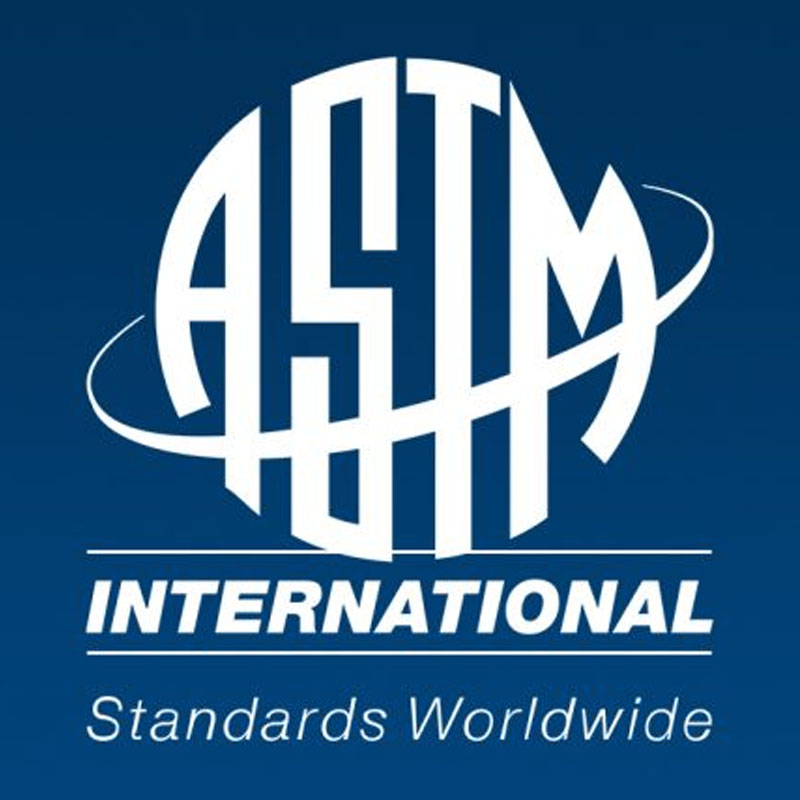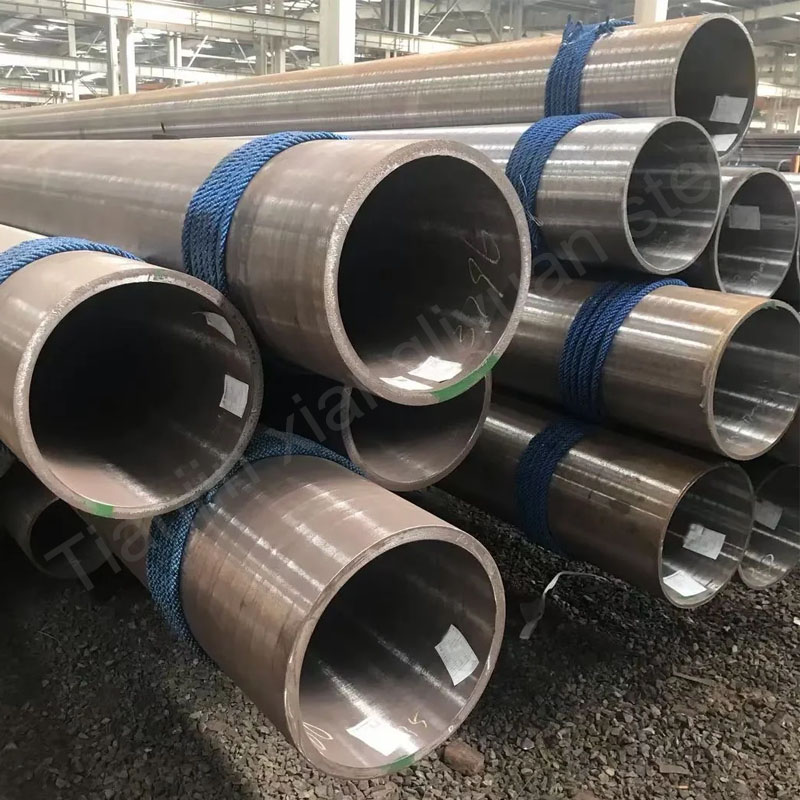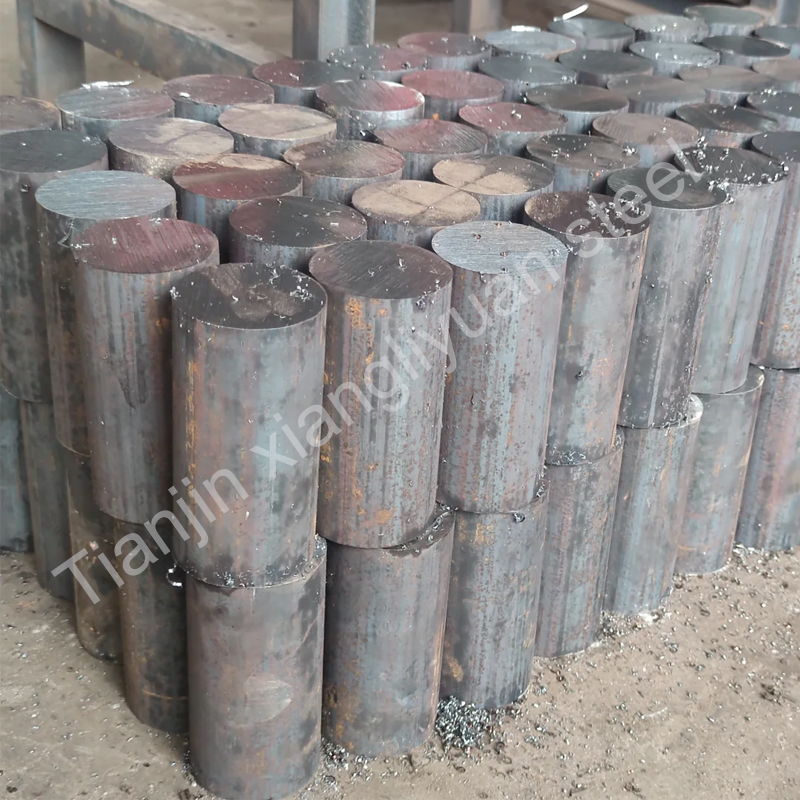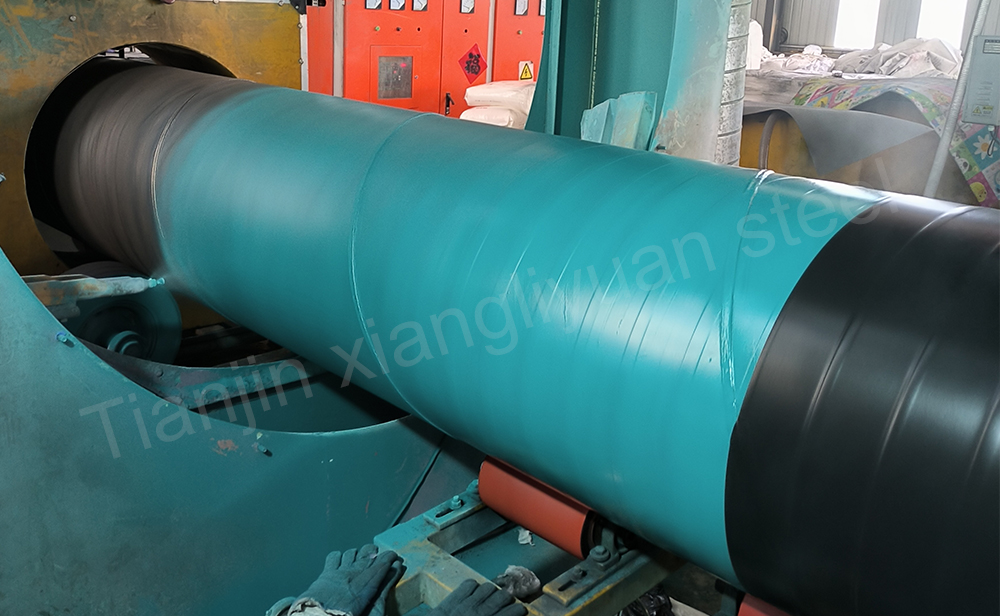ASTM (American Society for Testing and Materials) standards are widely used internationally, covering the chemical composition, mechanical properties, manufacturing process and other requirements of various materials. In the field of steel pipes, ASTM standards have specific specifications for different types of steel pipes. The following are several common ASTM standards for steel pipes:
ASTM A106 – Seamless Carbon Steel Pipe
The ASTM A106 standard applies to seamless carbon steel pipes used at high temperatures, commonly used for pipelines in the oil and gas industry. The standard specifies the chemical composition, mechanical properties (such as tensile strength, yield strength, elongation), manufacturing process and inspection and testing requirements of the pipeline.
ASTM A53 – Black and Galvanized Steel Pipe
The ASTM A53 standard applies to black and hot-dip galvanized welded or seamless steel pipes, commonly used for low-pressure pipelines such as gas, steam, water and air. The standard specifies the size, wall thickness, tolerance and mechanical properties of steel pipes in detail.
ASTM A335 – High Temperature Alloy Steel Seamless Pipe
The ASTM A335 standard applies to alloy steel seamless pipes used at high temperatures, mainly used in high pressure environments such as boilers and superheaters in power plants. The standard describes in detail the composition and performance requirements of different grades of alloy steel.
ASTM A312 – Stainless Steel Seamless and Welded Pipes
The ASTM A312 standard covers seamless and welded steel pipes of austenitic stainless steel, mainly used in corrosion-resistant and high temperature environments such as the chemical and petrochemical industries. The standard includes the dimensions, mechanical properties, manufacturing processes and test methods of steel pipes.
ASTM A252 – Spiral Welded Steel Pipes
The ASTM A252 standard applies to spiral welded steel pipes, which are usually used in pile foundation projects. This type of steel pipe needs to have sufficient strength and toughness, and the standard has clear provisions for its mechanical properties, dimensional tolerances and manufacturing processes.
These ASTM standards ensure that the quality and performance of steel pipes meet internationally recognized specifications, providing reliable guarantees for engineering applications.






